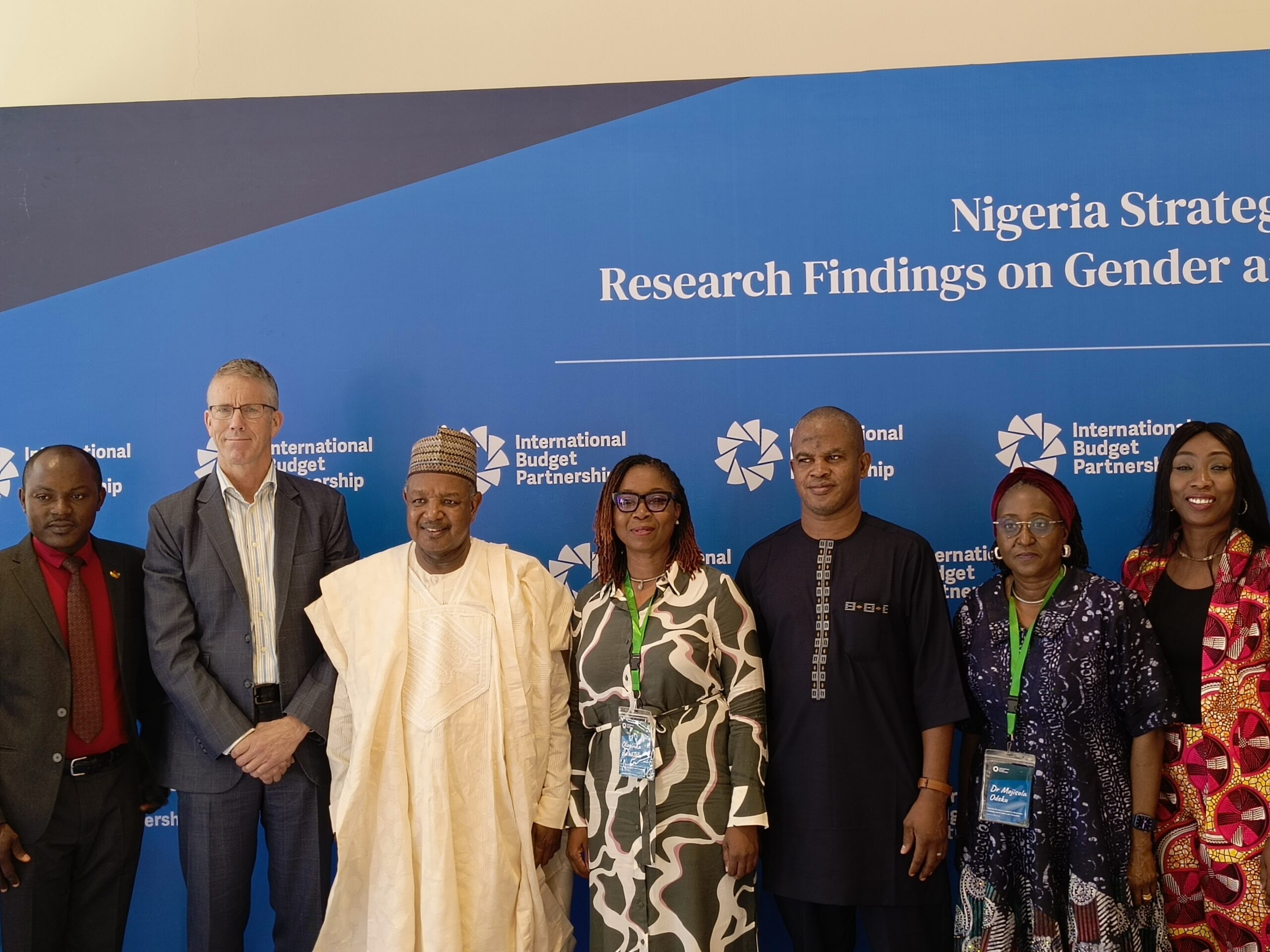The federal government has reaffirmed its commitment to gender-inclusive tax reforms, highlighting the need for a fairer financial system to enhance revenue generation and economic development.
Speaking in Abuja at the launch of IBP Nigeria’s Strategy and Gender Research Findings, Minister of Budget and Economic Planning Abubakar Atiku Bagudu underscored the role of women’s advocacy groups in shaping budgetary decisions.
The former Governor of Kebbi State defended recent policy changes, such as the removal of subsidies and the simplification of tax systems, arguing that these measures would expand the tax base and improve revenue collection.
He also addressed the financial barriers women face, noting that systemic challenges often prevent them from accessing capital and fully participating in economic activities.
The IBP report called on governments at all levels to modernise tax collection through electronic payments and transparent processes, reducing inefficiencies and preventing exploitation.
It also recommended tax harmonisation to eliminate arbitrary levies.
A key focus of the report was the importance of raising public awareness about tax obligations and benefits, particularly among informal sector business owners, many of whom are women.
The report urged targeted campaigns using local media and community outreach to improve tax compliance.
Additionally, the report advocated for greater financial inclusion, recommending support for women’s access to microloans and savings programmes to empower female entrepreneurs and foster business growth.
It also called for grievance redress mechanisms tailored to the informal sector, with accessible reporting channels and gender-sensitive training for tax officials.
IBP Nigeria’s Country Manager, Yinka Babalola, stressed the organisation’s commitment to ensuring that public budgets work for all, particularly marginalised groups.
“We are looking at the entire process of raising and spending public resources, which we call the public resource governance system,” she said.
“It extends beyond traditional financial management to include the role of private sector operators, legislative bodies, and auditors in ensuring accountability.”
Norwegian Ambassador to Nigeria, Svein Baera, expressed his country’s support for IBP’s research on gender and taxation, emphasising that public money belongs to the people and that civil society plays a crucial role in advocating for financial transparency and equality.
“Gender equality is central to achieving sustainable development goals,” he stated.
“Women’s voice, power, and agency must be strengthened at all levels, from households to governments, to ensure meaningful change.”
Baera praised IBP Nigeria’s locally led initiatives, highlighting the importance of community-driven approaches in tackling systemic financial inequalities.










